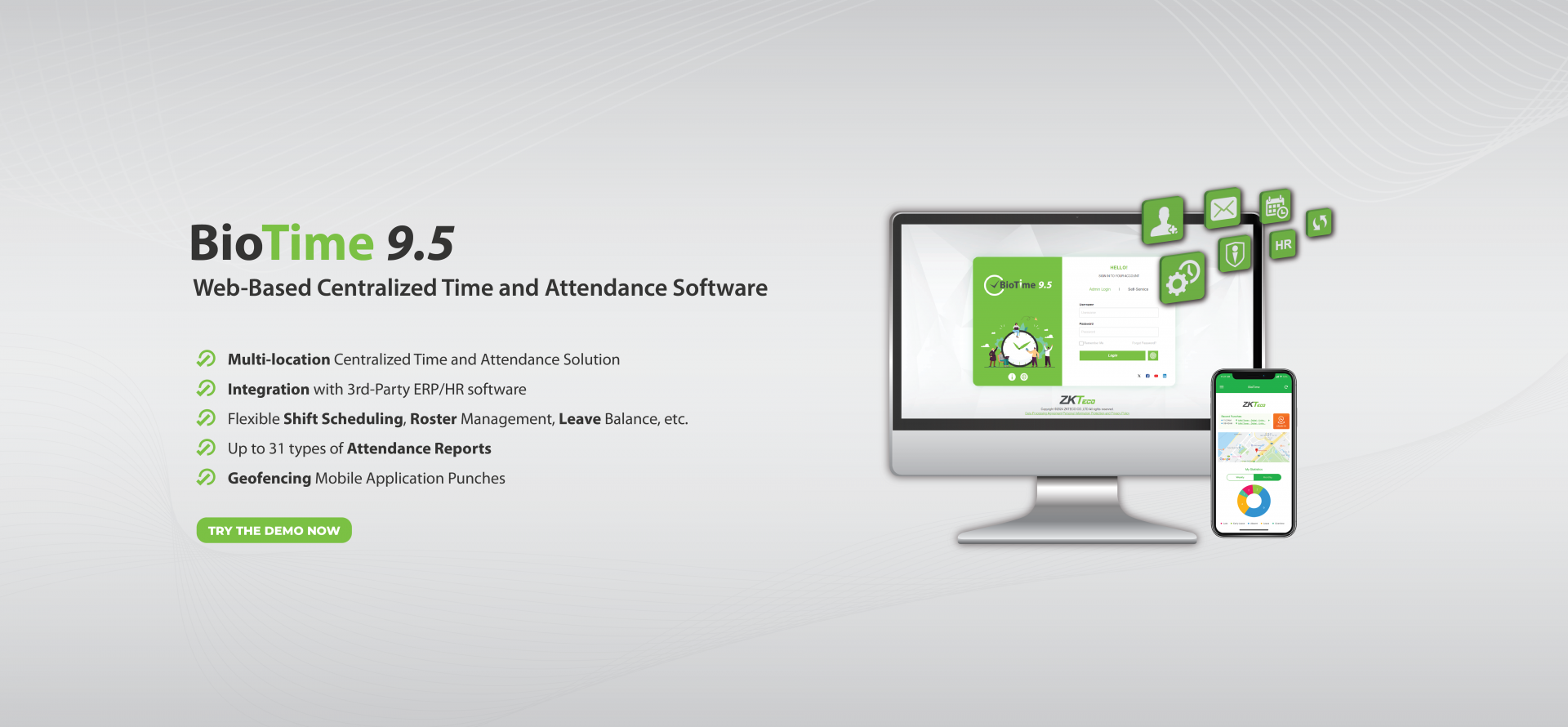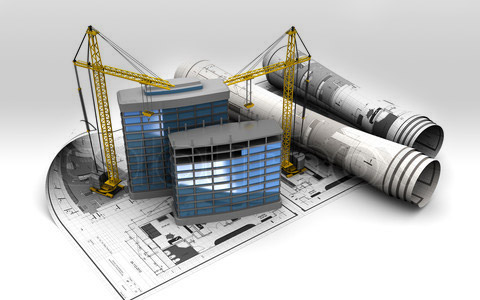Elevator RFID (Radio Frequency Identification) control systems represent a significant advancement in building security, offering improved safety and access control in high-rise and multi-storey buildings. By integrating elevator RFID access control, organizations can achieve a higher level of security, streamline access management, and ensure a safer environment for all occupants.
Improved access control
One of the primary benefits of an elevator RFID control system is its ability to manage access more effectively than traditional methods. RFID systems use radio waves to transmit data between a reader and a tag embedded in an access card or key fob. When an authorized individual presents their RFID-enabled card to the reader, the system verifies their credentials and grants access accordingly. This process restricts elevator use to only those with proper authorization, ensuring that unauthorized individuals cannot access sensitive floors or areas within the building.
Increased security through personalized access
RFID control systems provide personalized access control, allowing for specific permissions based on an individual’s credentials. For example, an employee may have access to their office floor and common areas, but not to secure areas like server rooms or executive suites. By tailoring access levels to each individual, RFID systems help prevent unauthorized access and reduce the risk of security breaches. This customized approach ensures that people only access the areas necessary for their roles, improving overall security within the building.
Real-time monitoring and reporting
Elevator RFID control systems allow real-time monitoring and reporting of elevator usage. Administrators can track which individuals use the elevators and which floors they access, providing valuable insights into building traffic and security. This data can be used to identify unusual patterns or security threats, allowing for timely interventions if suspicious activity is detected. Additionally, the system can generate reports on access attempts, helping to maintain a record of security events and supporting investigations if required.
Reduced risk of credential fraud
RFID systems are designed to minimize the risk of credential fraud compared to traditional key or card systems. Unlike magnetic stripe cards, which can be easily cloned or duplicated, RFID tags use encrypted communication to ensure secure data transmission. The technology also typically includes authentication measures that make it difficult for unauthorized individuals to bypass the system. This added layer of security helps protect against various forms of credential fraud, improving the overall safety of the building.



